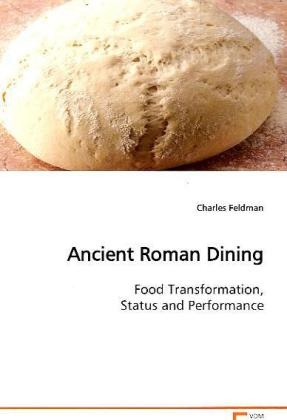Read more
The book considers how changes contingent to
ideological conflict could affect Roman aristocratic
foods and their presentation. Throughout, attempt is
made to understand Roman elite cuisine as an
expressive vehicle for social relations. The Roman
noble s perspective on traditional foods may have
signified Roman identity. Evidence is examined across
antiquity that reference classic foods, elite dining
and the elite dining environment.
Elite Roman tastes : the Roman aristocratic food
fashions, flavors and styles are examined from
different ideological and sensory perspectives. One
section engages the spirituality of classic and, in
particular, elite Roman foods. This is followed by a
discussion on blended Roman cuisine: the exotic
stews and sauces on typically expects on the elite
Roman table. How the noble approached these blended
creations, may have been contingent on his or her
worldview. In the final chapter the Roman
aristocratic dining environment is explored. It is
argued that the dining setting played an in integral
part in the noble s political-culinary agenda.
About the author
Dr. Charles Feldman is an Associate Professor of Nutrition andFood Science at Montclair State University. He has publishedresearch in a number of food culture, food history, nutrition andfood management journals.

